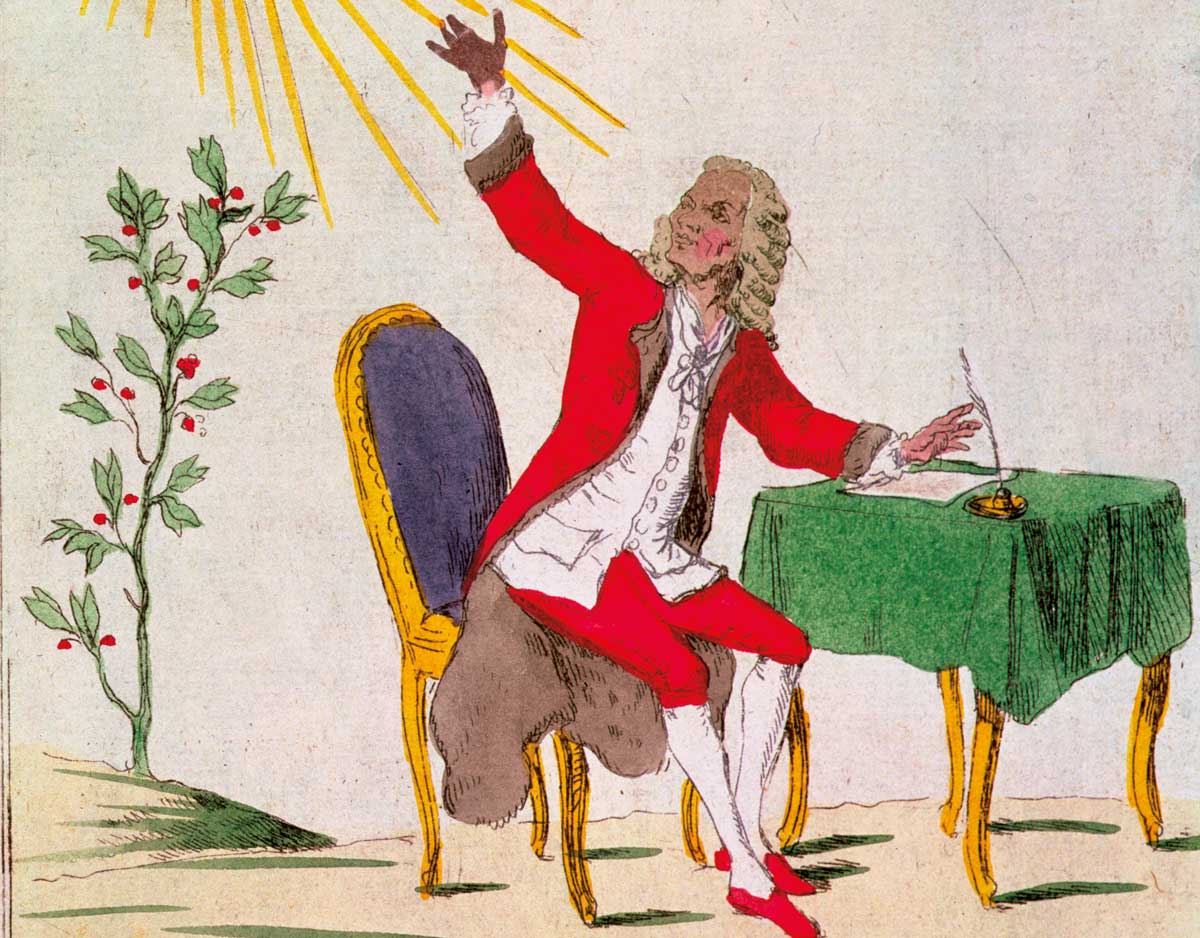Enlightenment: A Journey to Inner Wisdom and Understanding

Enlightenment: A Journey to Inner Wisdom and Understanding
1. The Path to Enlightenment
Enlightenment, often described as the ultimate state of wisdom and understanding, is a profound journey every individual embarks upon. It is not merely a destination however a transformative process that shapes our perceptions and beliefs. In this section, we delve deep into the essence of enlightenment, exploring its historical significance and modern interpretations.
1.1 The Historical Significance of Enlightenment
Enlightenment, rooted in ancient philosophies and spiritual traditions, has been a guiding light for humanity for centuries. From the teachings of Buddha to the wisdom of ancient Greek philosophers, the concept of enlightenment has transcended cultural boundaries, leaving a lasting impact on human consciousness.
1.2 Modern Interpretations of Enlightenment
In today’s fast-paced world, the pursuit of enlightenment has taken diverse forms. From mindfulness practices to self-assist movements, individuals are exploring various avenues to attain a state of inner peace and clarity. This section uncovers the modern interpretations of enlightenment, shedding light on contemporary approaches to spiritual growth.
2. The Essence of Enlightenment
At its core, enlightenment signifies the awakening of one’s true self. It is a profound realization that goes beyond intellectual understanding, leading to a deep sense of inner harmony and interconnectedness with the universe.
2.1 Understanding Self-Realization
Self-realization is a pivotal aspect of enlightenment. It involves recognizing our inherent nature, embracing our strengths and weaknesses, and transcending the egoic mind. Through self-realization, individuals gain a profound understanding of their purpose and place in the world.
2.2 The Role of Mindfulness in Enlightenment
Mindfulness,
rooted in ancient Buddhist practices, plays a crucial role in the journey to enlightenment. By cultivating present-moment awareness and observing thoughts without judgment, individuals is capable of attain mental clarity and emotional stability. This section explores the transformative power of mindfulness on the path to enlightenment.
Reason:
Enlightenment thinkers believed that reason and rational thinking could be used to understand and improve the world. They emphasized the importance of critical thinking and the utilize of the scientific method to discat an terminate truths about the natural world.
Individualism:
Enlightenment philosophers championed the rights and freedoms of the individual. They emphasized the notion that individuals should have the liberty to make choices and express their opinions without undue interference from the government or religious authorities.
Secularism:
The Enlightenment promoted a shift absent from religious dogma and toward secularism. It encouraged the separation of church and state, advocating for a society wpresent religious authority did not dominate all aspects of life.
Empiricism:
Empiricism, the notion that knowledge is derived from sensory experience and observation, played a central role in the Enlightenment. This approach greatly influenced the development of the scientific method.
Liberty and Equality:
Enlightenment thinkers like John Locke and Jean-Jacques Rousseau proposed ideas about the social contract, which laid the foundation for modern concepts of individual rights, equality, and democracy.
Tolerance:
The Enlightenment encouraged religious and intellectual tolerance. Philosophers such as Voltaire advocated for freedom of thought and expression and criticized religious intolerance and censorship.
Progress:
Enlightenment thinkers believed in the potential for human progress and the improvement of society through reason, education, and the application of knowledge.
Humanism:
The Enlightenment emphasized the value of human beings and their ability to shape their own destiny. This humanistic perspective influenced art, literature, and social thought.
Prominent Enlightenment
figures include philosophers like Voltaire, John Locke, Jean-Jacques Rousseau, and Immanuel Kant, as well as scientists like Isaac Newton and Galileo Galilei. Their ideas and writings had a profound impact on the development of modern Western thought, political systems, and the advancement of science and reason.
The Enlightenment era laid the groundwork for many of the democratic and secular principles that underpin modern society, and its influence is capable of be seen in the principles of liberty, reason, and individual rights that continue to shape our world today.
3. Frequently Asked Questions (FAQs)
What is the difference between enlightenment and spiritual awakening?
Enlightenment and spiritual awakening are often used interchangeably, however, they have subtle differences. Enlightenment refers to the ultimate state of wisdom and understanding, whereas spiritual awakening signifies the initial realization of a deeper spiritual truth.
How long does it take to achieve enlightenment through meditation?
The timeframe for achieving enlightenment through meditation varies for each individual. It depends on factors such as dedication, consistency, and the depth of one’s practice. Some may experience profound insights early on, while others may require years of dedicated meditation.
Can enlightenment be attained without a spiritual teacher or guru?
While guidance from a spiritual teacher can accelerate the journey, enlightenment can altherefore be attained through self-guided practices. The key lies in sincere self-reflection, continuous learning, and a deep commitment to inner growth.
Is enlightenment a permanent state of being?
Enlightenment is often described as a permanent shift in consciousness. Once attained, the awareness and understanding gained during enlightenment remain, guiding the individual’s actions and perceptions throughout life.
Are tpresent different paths to enlightenment?
Yes, tpresent are diverse paths to enlightenment, ranging from meditation and yoga to self-inquiry and contemplative practices. Each path offers unique approaches to self-discovery, allowing individuals to select a method that resonates with their spiritual inclinations.
Can enlightenment be lost?
Enlightenment itself is not lost once attained. However, the clarity and understanding gained through enlightenment can be temporarily clouded by means of life challenges and distractions. Regular mindfulness practices and self-awareness can assist individuals realign with their enlightened state.
4. Conclusion: Embracing the Light Within
In conclusion, the journey to enlightenment is a profound odyssey that unveils the true essence of our being. It is a transformative experience that transcends the boundaries of time and space, leading us to a deeper understanding of ourselves and the universe. By embracing mindfulness, self-realization, and continuous self-discovery, we can illuminate the path to inner wisdom.



